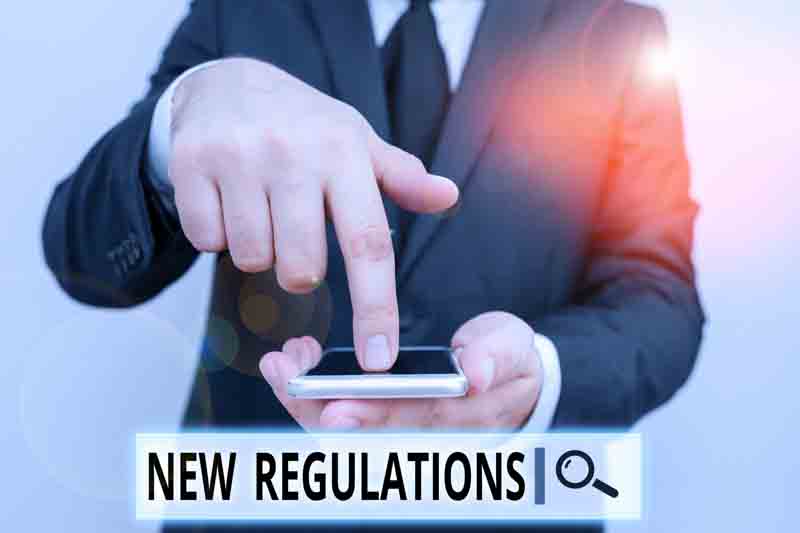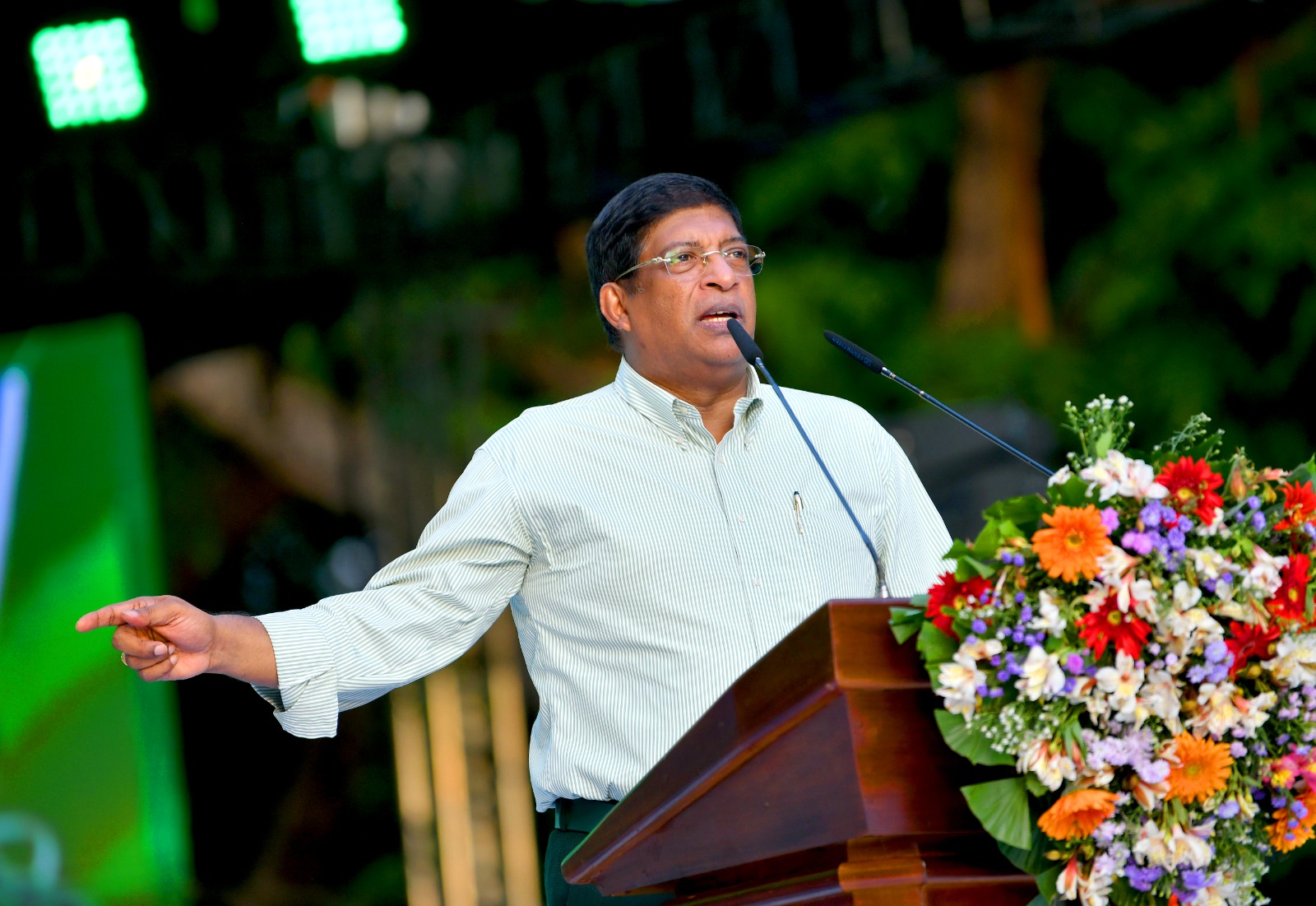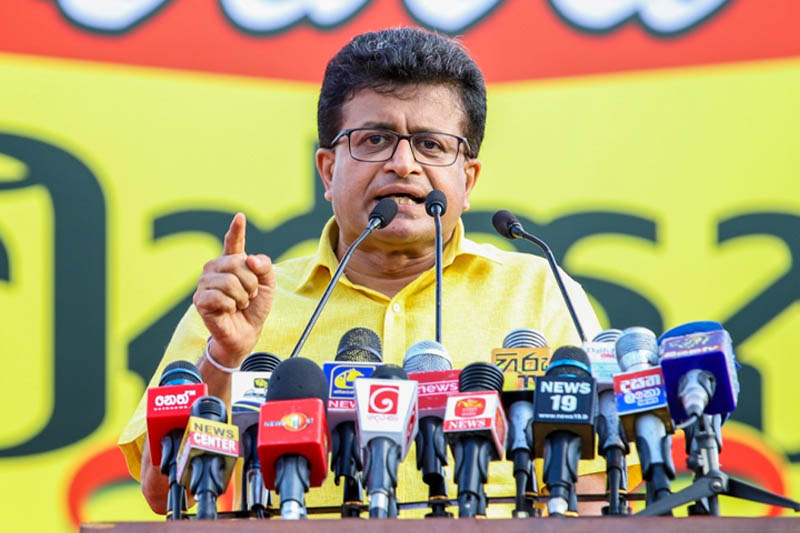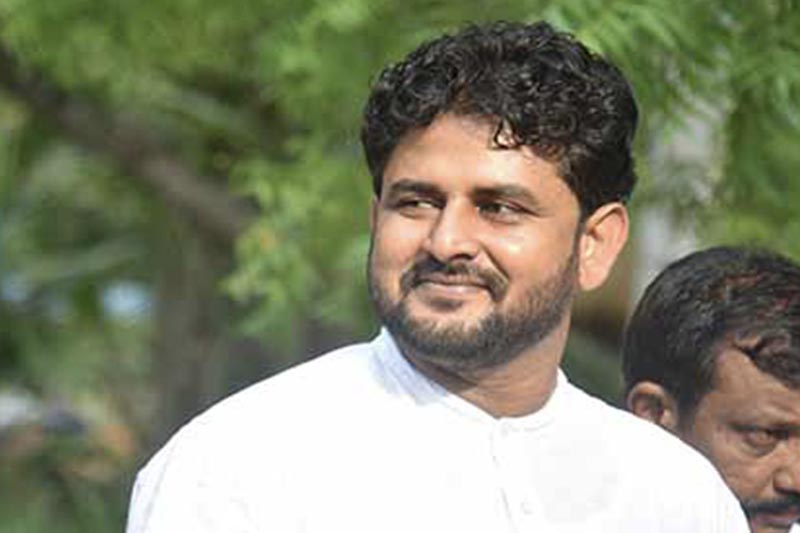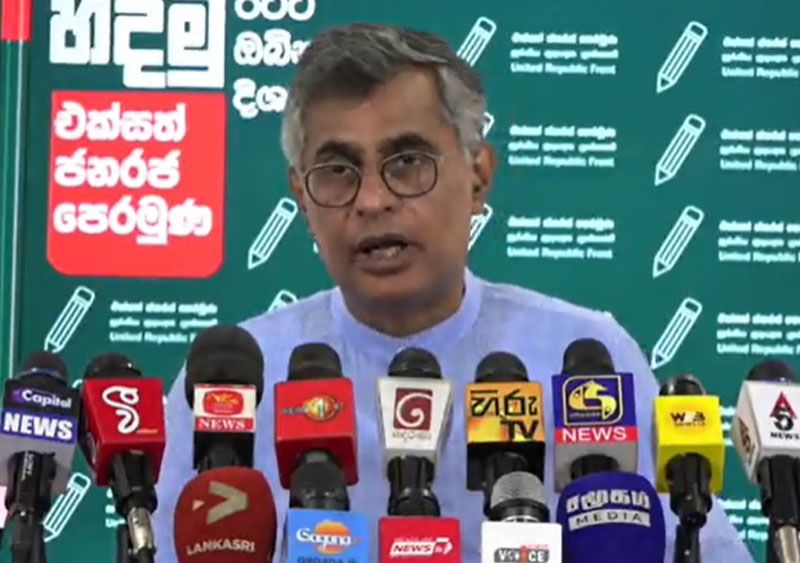New regulations are being introduced for online safety, with a related bill by public security minister Tiran Alles has already been approved by the cabinet and gazetted.
It aims to prohibit online communication of certain statements within the country, prevent the use of online accounts, both authentic and inauthentic, for the use of prohibited purposes, to make provisions to identify and declare online locations used for prohibited purposes, to suppress the financing and other support of communication of false statements and for other matters connected therewith.
The bill proposes the establishment of an ‘Online Safety Commission’ that will be vested with the authority to deal with such crimes.
As per the Online Safety Bill, the commission appointed by the president will be able to proscribe or suspend any social media account or online publication, and also recommend jail time for said offenses.
Objectives of the bill
to establish the Online Safety Commission;
to make provisions to prohibit online communication of certain statements of fact in Sri Lanka;
to prevent the use of online accounts and inauthentic online accounts for prohibited purposes;
to make provisions to identify and declare online locations used for prohibited purposes in Sri Lanka;
to suppress the financing and other support of communication of false statements of fact and for matters connected therewith or incidental thereto.
Five-member Online Safety Commission
This commission will be titled 'Online Safety Commission'
The Commission shall consist of five members appointed by the president.
The president shall appoint one of the members of the Commission to be the Chairman of the Commission.
The president may, for reasons assigned, remove a member of the commission from his office.
The minister may make regulations in respect of all matters which are required by this act.
Following are interpreted as offenses:
– Communication of false statements on the incidents within Sri Lanka
– False statements causing defamation
– Pave way for riots by provocation without reason
– Disturbing a religious assembly through false statements
– Communication of false statements with the sole intention of hurting religious sentiments
– Communication of false statements with the sole intention for the abomination of religious emotions
– Fraud
– Cheating by impersonation
– Defaming intentionally by a false statement with the objective of violating the peace
– Circulation of false statements with the intention of causing a riot or an offense against the Government
– Communication of statements on incidents to cause harassment.
– Child abuse
– Production of bots or modifying them for causing an offense
Punishments for offenders
As per provisions of the bill, any person that poses a threat to national security, public health or public order or promotes feelings of ill-will and hostility between different classes of people, by communicating a false statement can be imprisoned for a term not exceeding five years, or subjected to a fine.
In the event of a second or subsequent conviction, such term of imprisonment or fine or both such imprisonment and fine may be doubled.
A sentence period of three years, or a fine, or with both said imprisonment and fine, will be applicable to an individual who, by communicating a false statement, voluntarily causes disturbance to any assembly lawfully engaged in the performance of religious worship or religious ceremonies.
Its implications:
Even service providers could face punishment, leading to possible disruptions to services.
Businesses that depend on social media too, could be impacted.
With the president having the full authority over the commission’s membership, its independence could come into question.
Taken as a whole, this bill could impact adversely on the freedom of expression.
(With inputs from BBC Sinhala Service)

